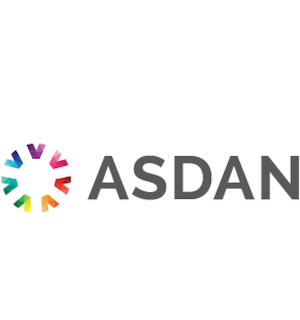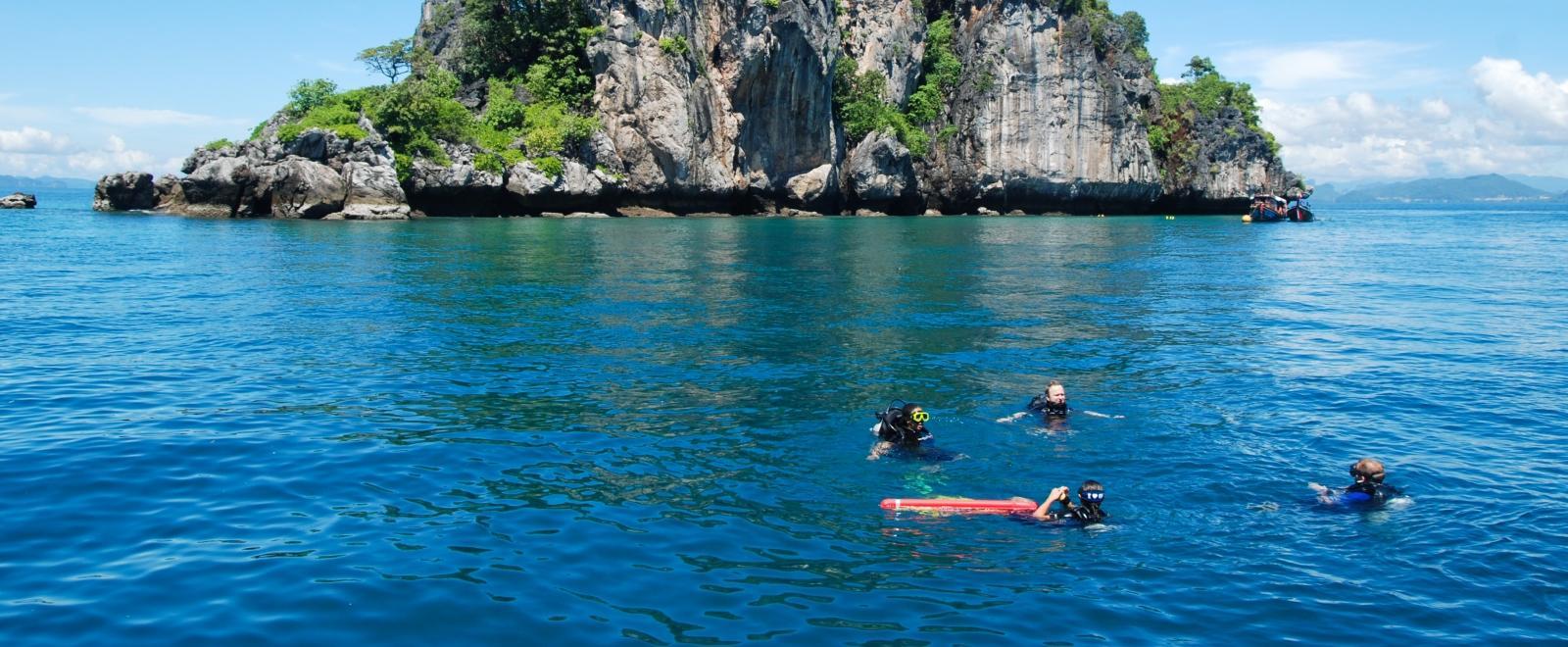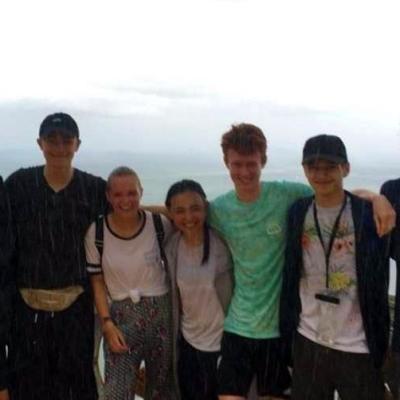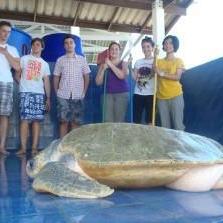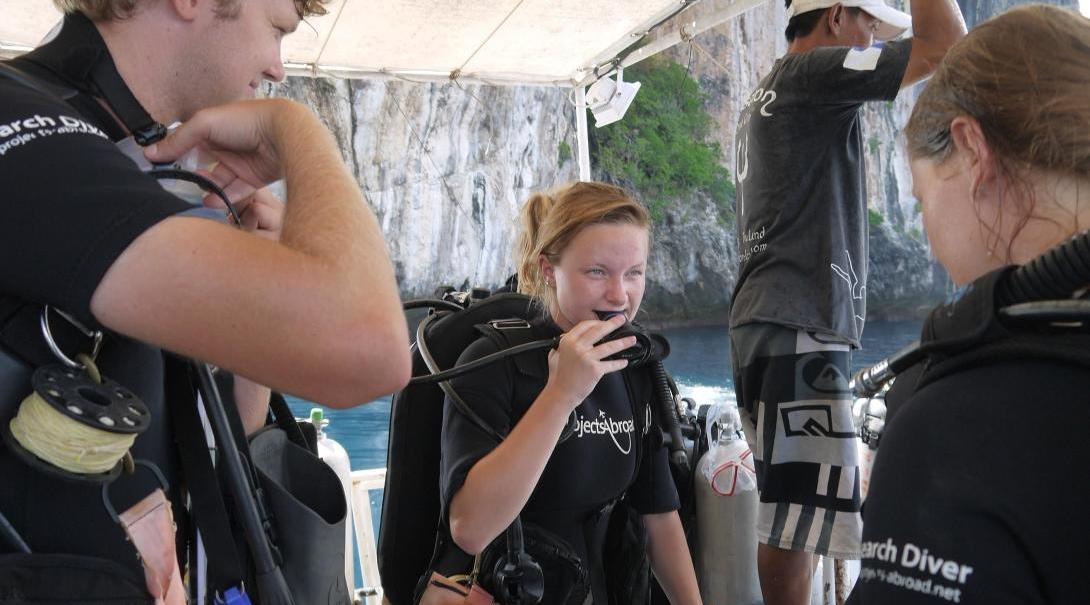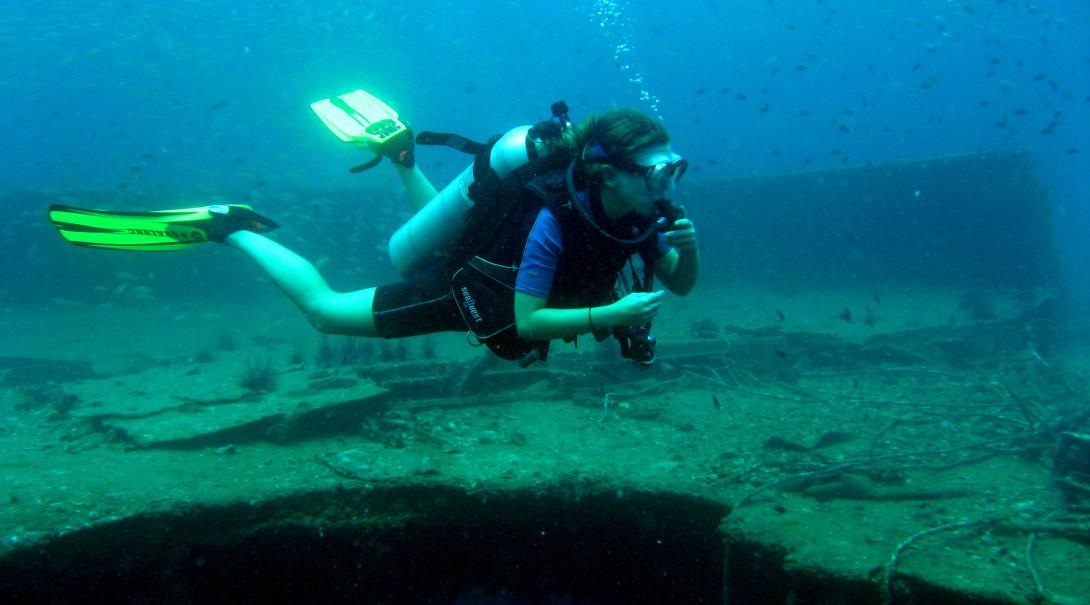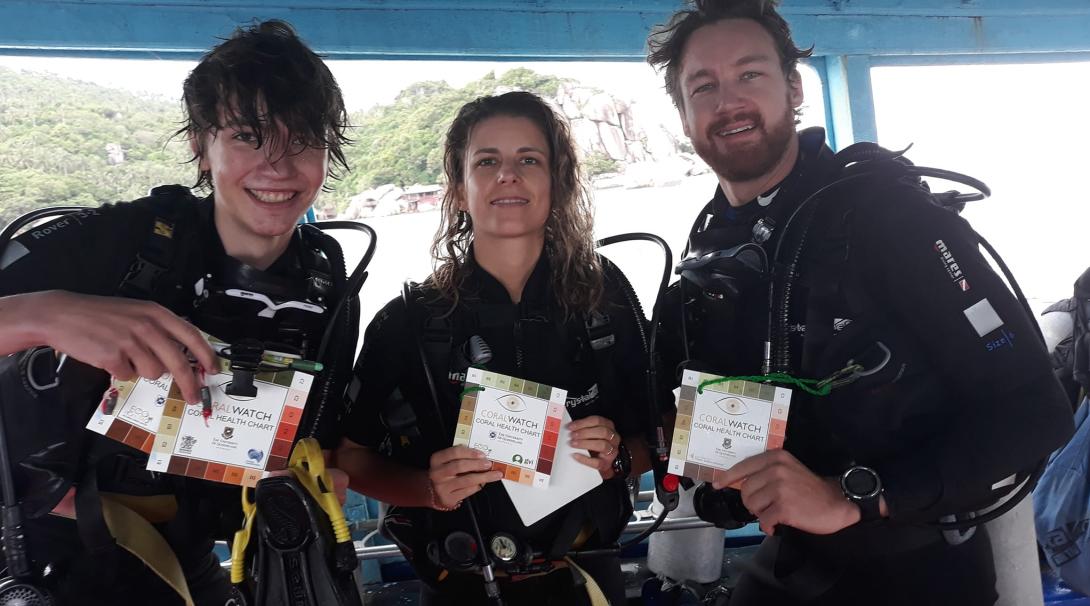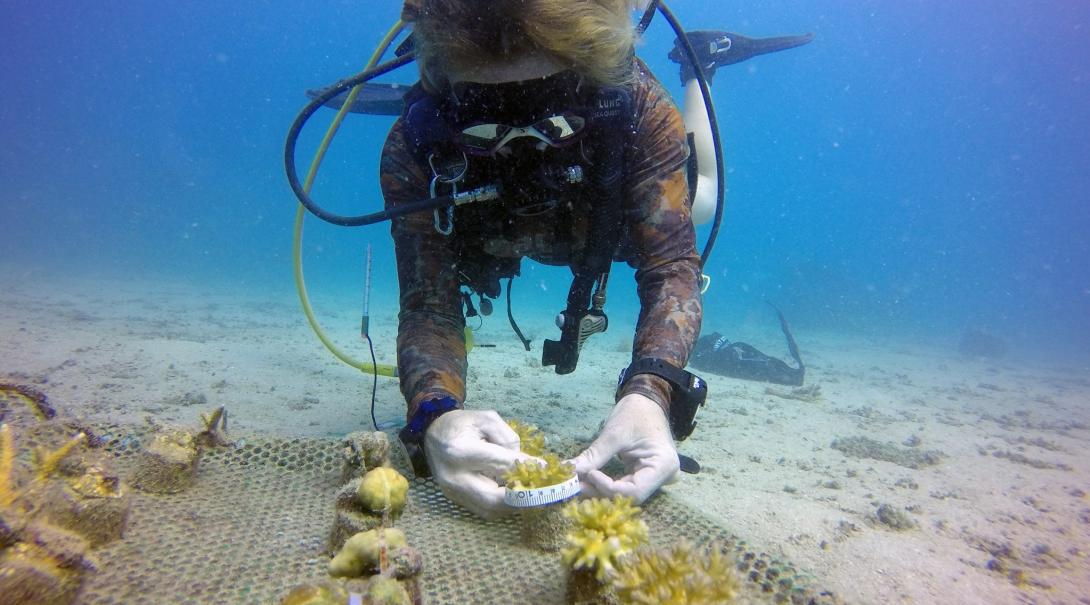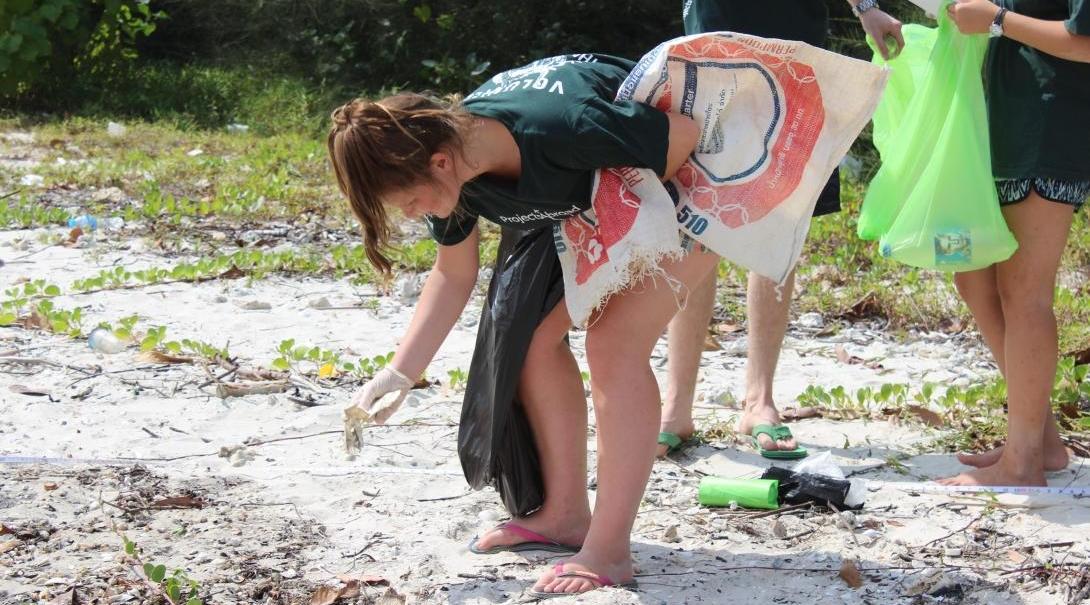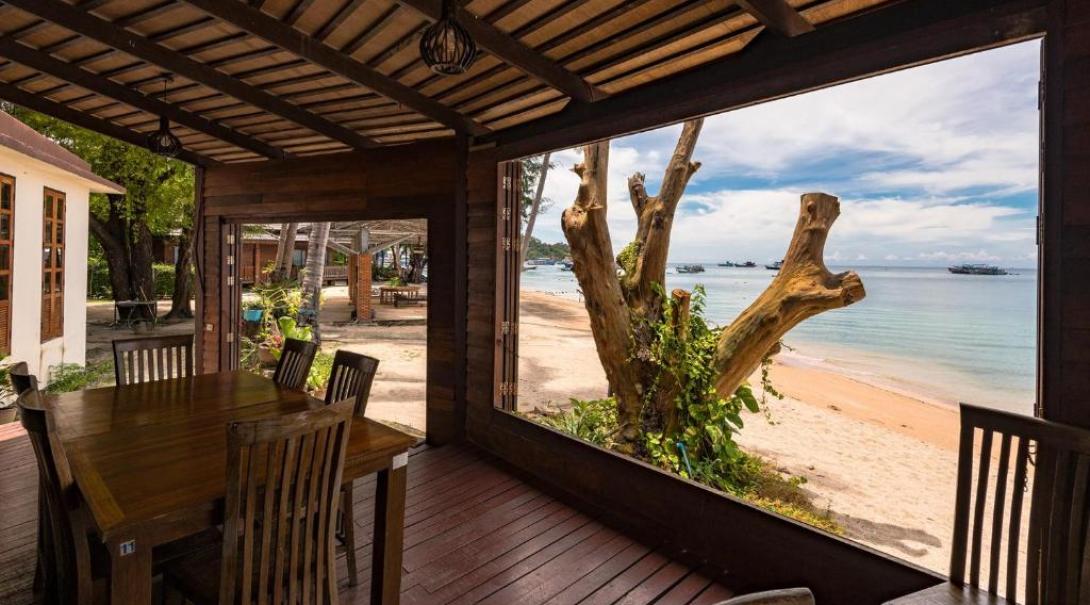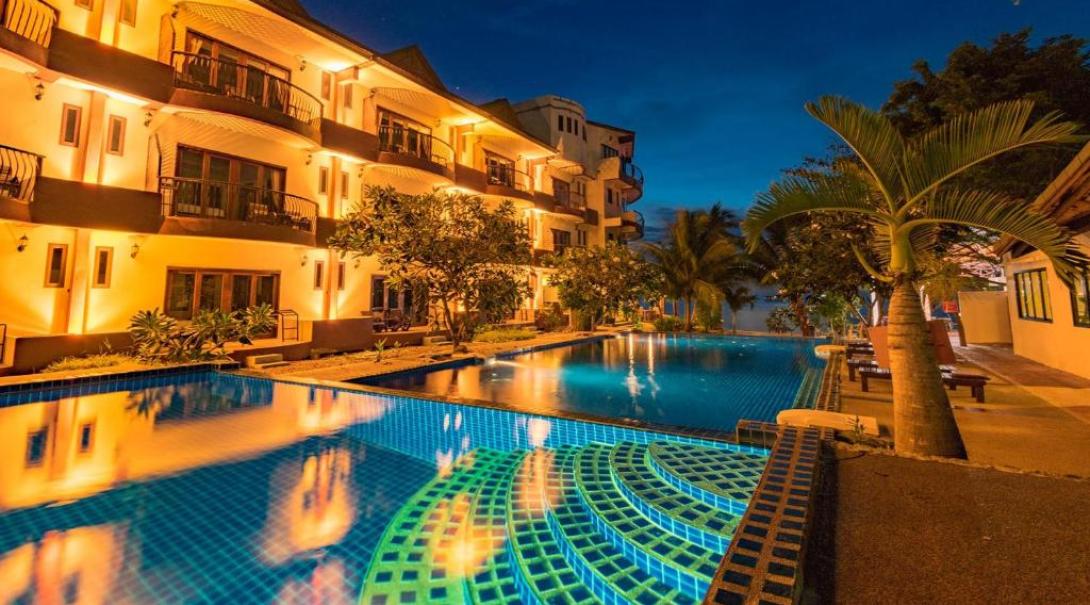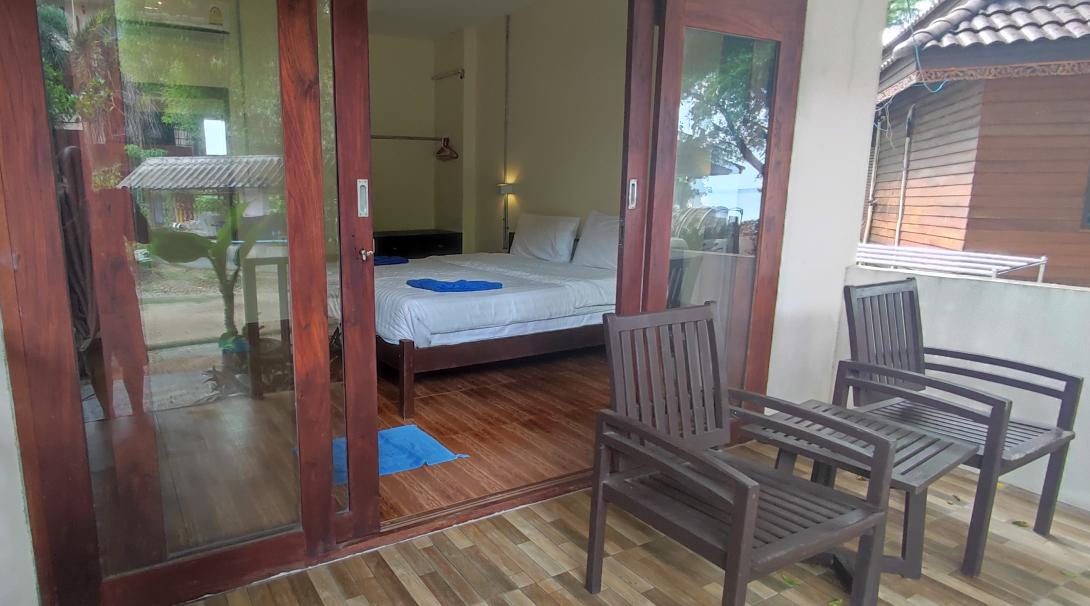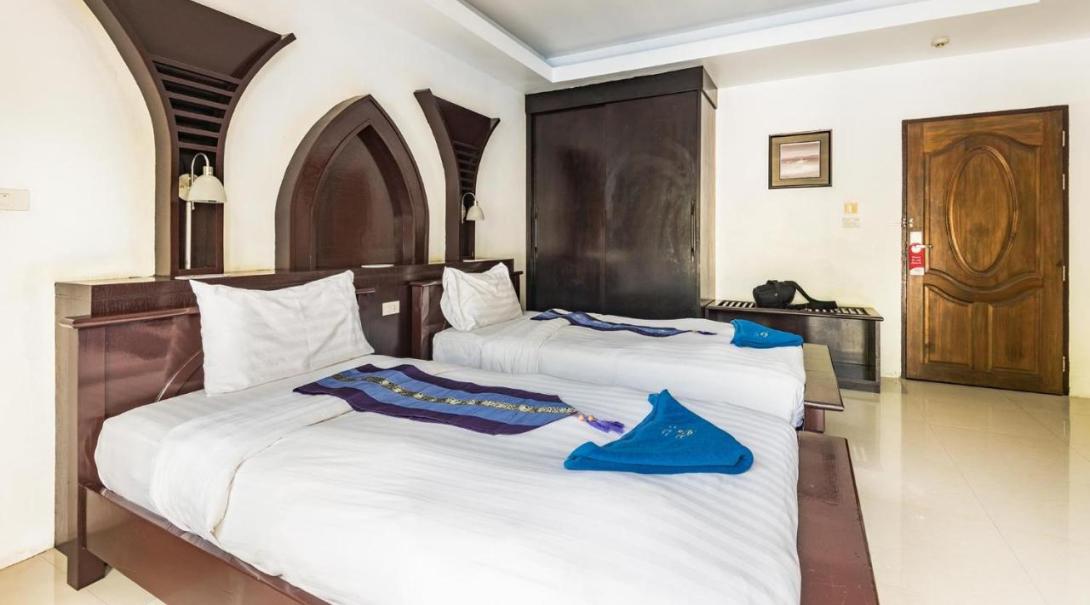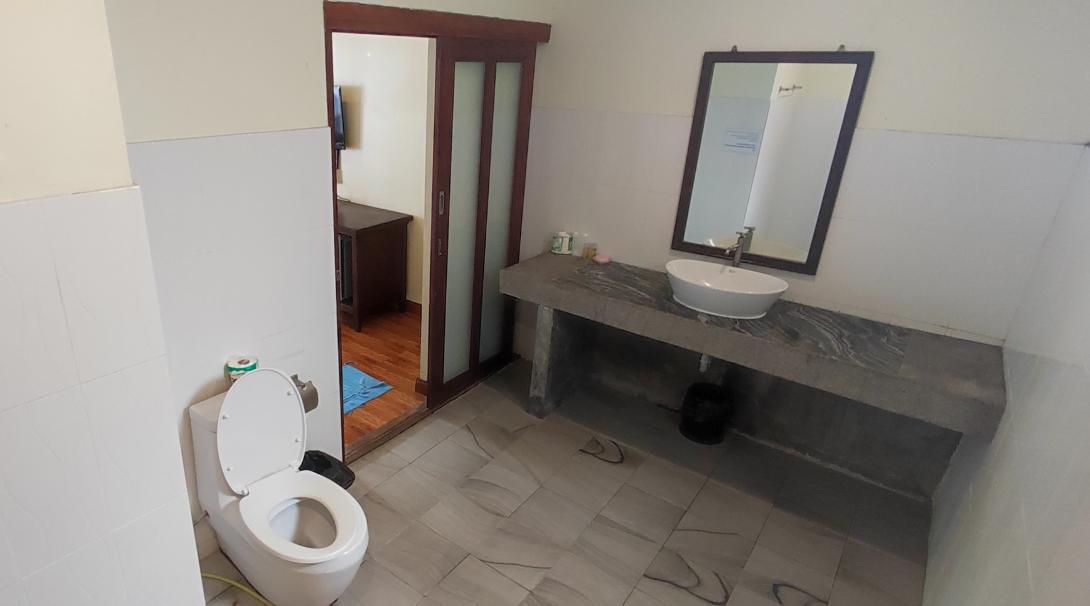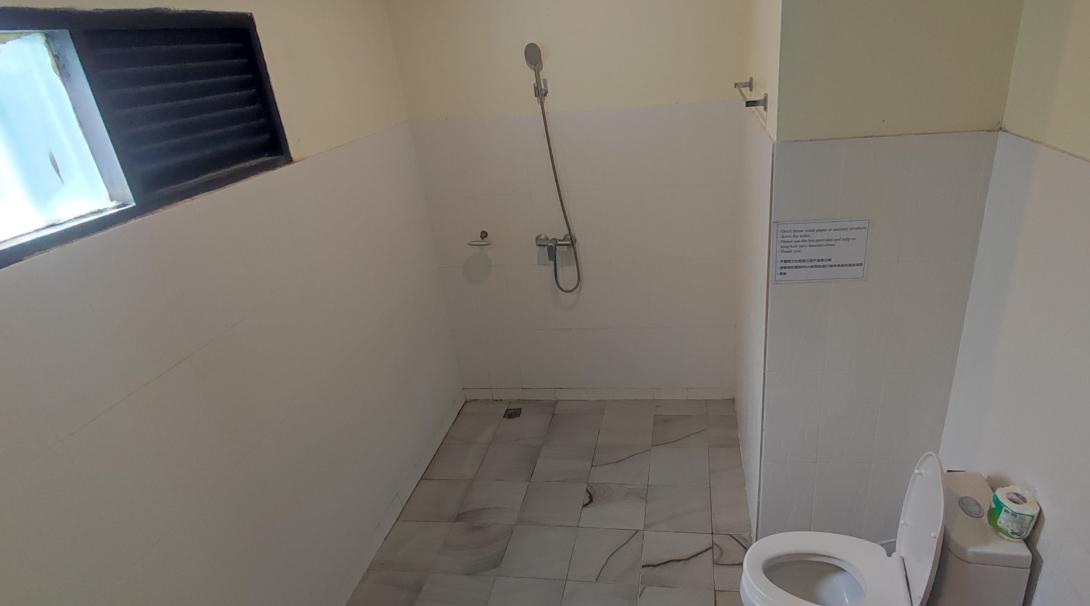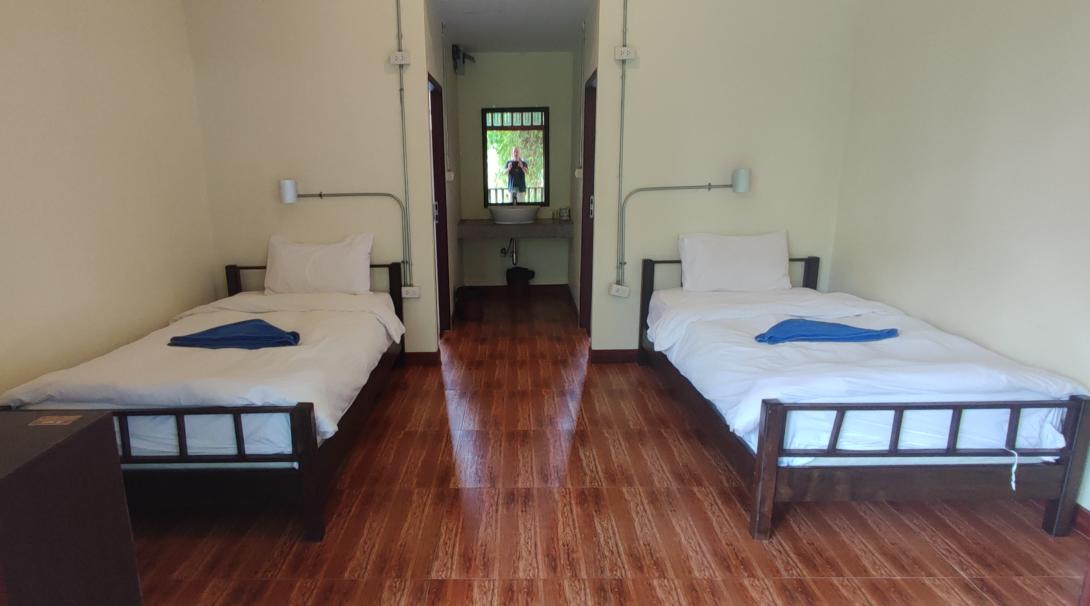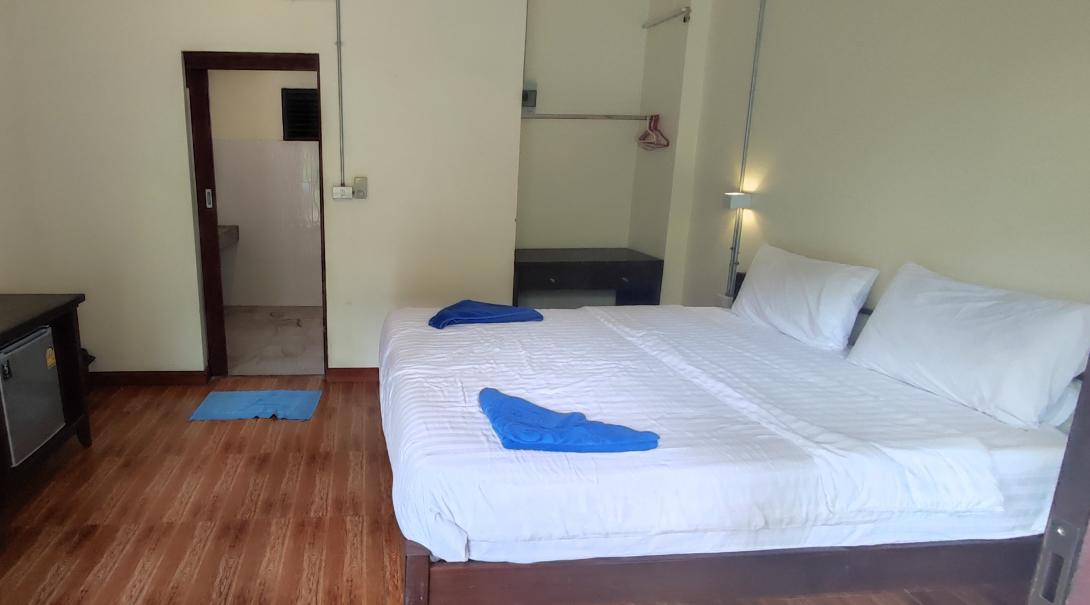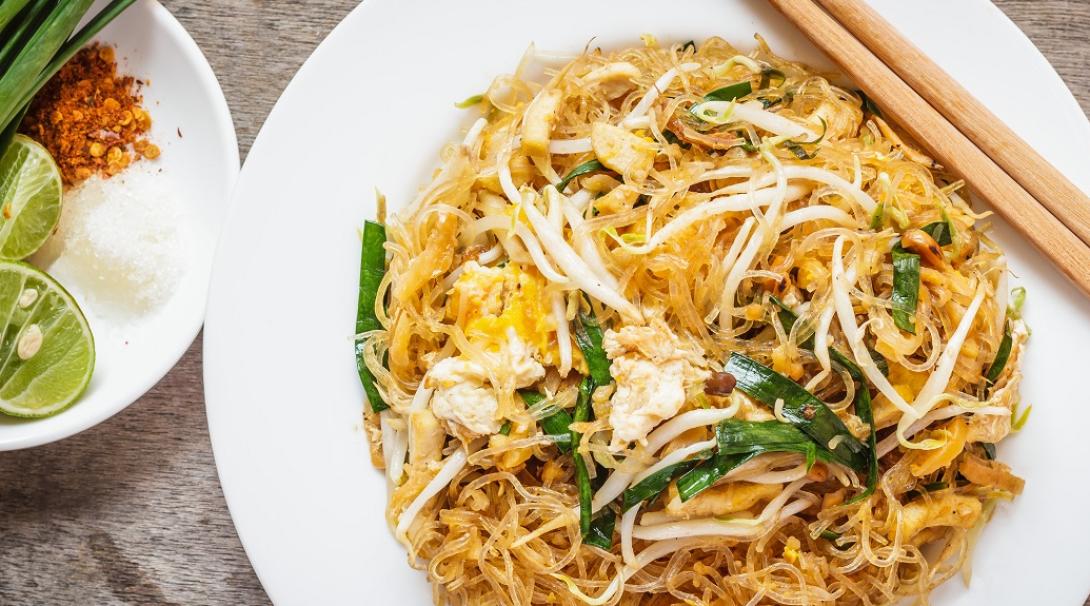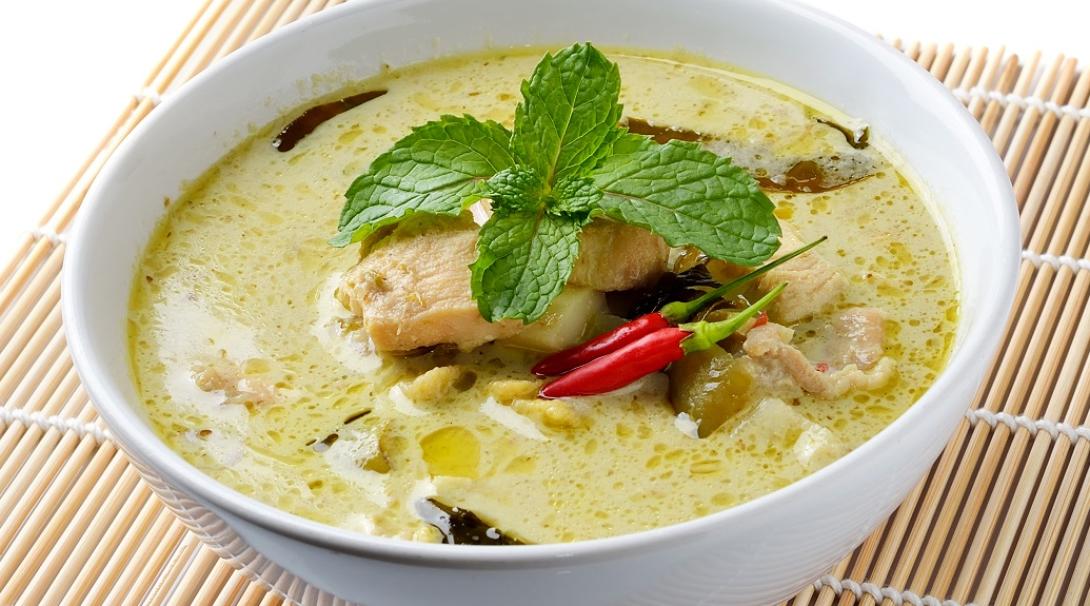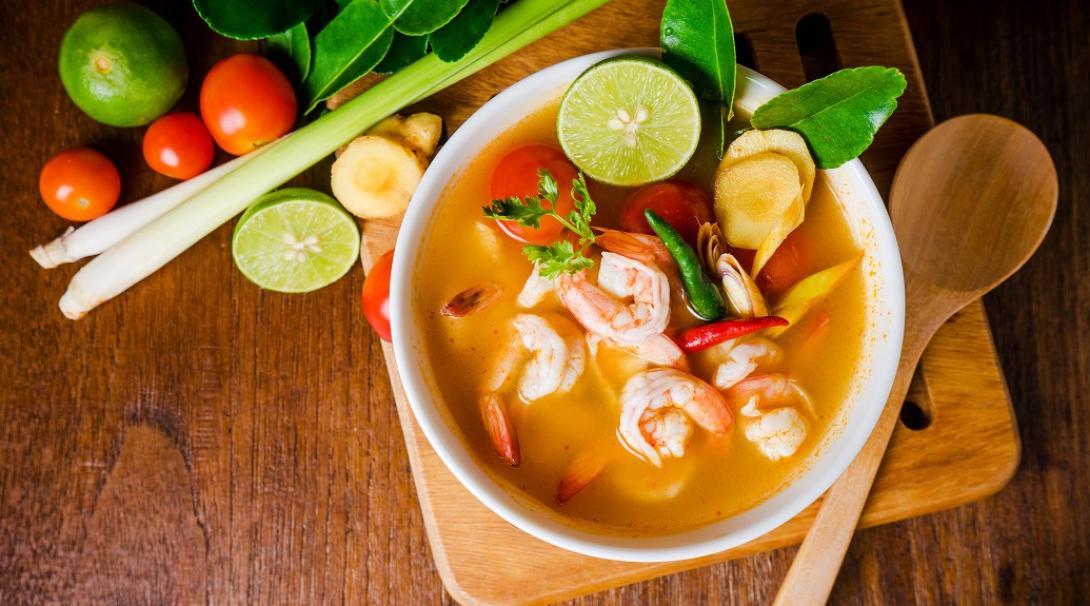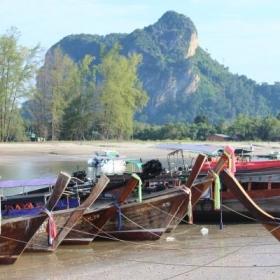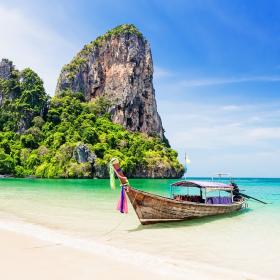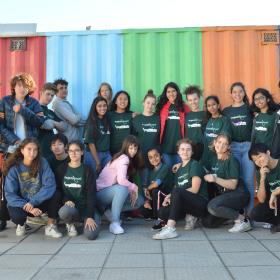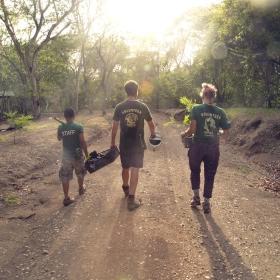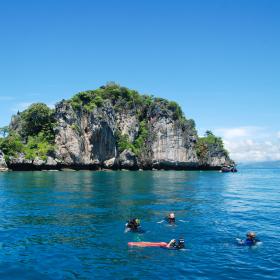At a glance
- Jump into clear blue waters and discover the underwater world that awaits you. Join our teenagers on our volunteer conservation program in Thailand!
- Work alongside dedicated professional conservationists and a group of volunteers your own age.
- You’ll get three globally recognized PADI diving qualifications included in the price and complete underwater surveys and coral maintenance.
- You’ll explore Thailand’s culture and cuisine, and build lasting friendships with other teenagers from all around the world.
- Download an itinerary for this project.
Start Dates:
Summer/Winter Break
See DatesMinimum Duration:
Two Weeks
Ages:
15-18
You should be able to swim at least 200 meters.
Is Conservation volunteering in Thailand right for me?
This project is perfect if you are looking to do something different during the summer holiday. It will also suit you if you’re interested in pursuing a career in conservation. This project is specifically designed for teenagers, and we have a set itinerary in place and extra staff support available.
You’ll spend your short volunteering trip with passionate conservation staff, who actively protect and help the local environment every day! The best part? You get to tap into their knowledge and experience, using it to learn more about conservation initiatives in Southeast Asia.
You don’t need experience for this project. A willingness to help, learn and explore is all we ask of you! Within a week, you’ll receive your PADI Open Water and PADI Advanced Open Water qualifications as well as a PADI Peak Performance Buoyancy Specialisation. This will ensure that you can confidently and safely help with underwater conservation work during your second week. Our diving instructors will be with you throughout the training and during each dive.
If you are wanting to gain a significant amount of diving time, then this is the best marine conservation project for you. You will gain advanced diving qualifications, dive twice on almost every day of your trip, and be based in one of the best diving locations in the world.
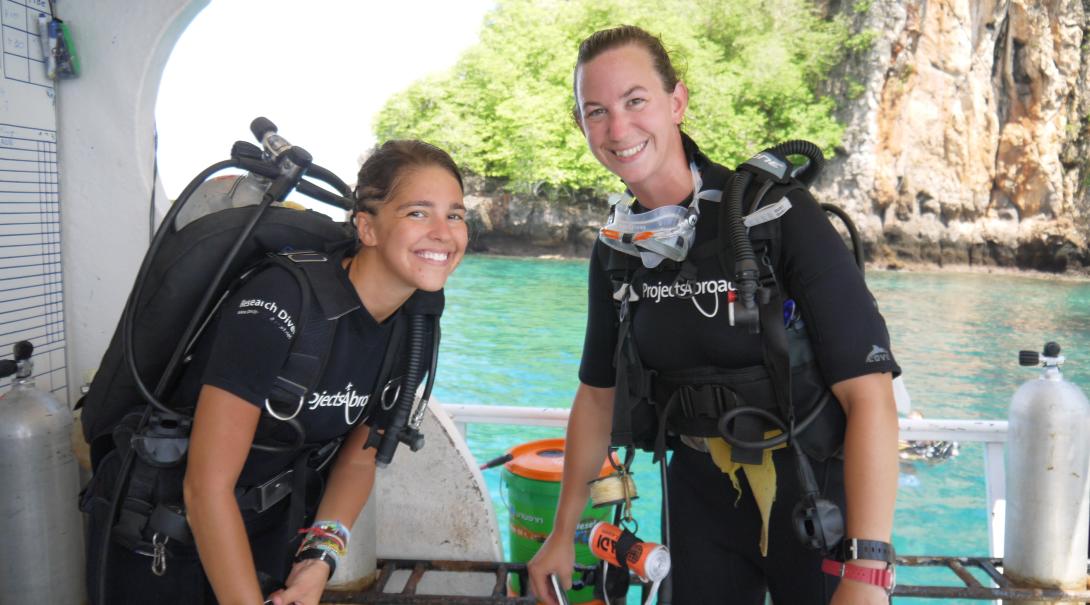
What will I do as a Marine Conservation volunteer?
On arrival in Thailand, your adventure as a Diving & Marine Conservation volunteer begins! After your induction, our staff will fit you for your scuba gear, explain our work in the area, and start you on your marine conservation work. Here’s what you’ll get up to:
Learn to dive
Your diving training takes place in the dive shop’s pool and in the ocean. By the end of your first week in Thailand, you’ll obtain your PADI Open Water, PADI Advanced Open Water, and Peak Performance Buoyancy certifications! This means you can safely take part in underwater conservation work with the team. You’ll keep learning and developing your skills throughout your time in Thailand.
In the long run, your volunteer work will contribute to helping protect coral reefs in Thailand. These advanced qualifications will also be useful for future conservation work and recreational diving.
Take part in survey dives with professional divers
Survey dives will help monitor the health and biodiversity of the reefs. Data will be important in determining future policies to protect the marine area. You will also use this data during workshops and lessons.
Gain conservation skills and knowledge
The Marine Conservation Project is designed to teach you about coral reefs, their benefits, and the issues they face globally. You’ll join regular workshops and lessons to improve your knowledge and awareness of conservation issues and skills. This will be a part of a wider Citizen Science course where you can experience some of the latest research projects being conducted by marine biologists.
This course includes studying microplastics, water quality, coral health, and new methods of recycling and upcycling. Many of the topics you learn about will link to the dives you conduct that day. For example; you might collect water samples during a dive, and then test the samples at the base in the afternoon.
Plant and maintain coral reefs
The main focus of this project is to help restore vulnerable coral reefs, while also creating new artificial reefs. This involves surveys, construction work, and planting coral fragments onto new nurseries underwater. Existing reefs require extensive maintenance to keep them clean and to reduce the influx of invasive species.
In many places around the world, it is illegal to touch or damage coral. However, the Department of Marine & Coastal Resources has approved special permission for our team to transplant coral around Koh Tao. You’ll be part of this process and will learn the different stages of transplanting, as well as techniques to use ‘corals of opportunity’ to rebuild impacted areas. You’ll assist marine biologists in our research and restoration areas while discovering the many techniques that suit different corals and locations.
Fishing nets and even trash can be found in the most remote locations. During dives, you will remove ropes, nets, glass, aluminum cans, and other items that are suffocating or threatening coral reefs and other marine life. You’ll be taught how to plan scuba dives to remove debris, and the decision-making process to remove only certain items. You’ll also collect data to push for changes in government regulations to reduce debris levels in our oceans.
Join beach clean-ups along the coastline
Litter and trash are harmful to marine life and wildlife in general. With volunteers from around the world, you will walk along Koh Tao’s beaches, collecting and correctly discarding rubbish. Thousands of cigarette butts alone litter Koh Tao’s beaches.
After each beach clean-up, you’ll make notes, and share this data with local officials. This information can then be used for educational purposes, and for long-term conservation plans in the area.
You’ll join workshops to repurpose and mold plastic into new items. Learn new ways to recycle and manage waste.
Our partners in Thailand
We use the PADI dive courses as our basic dive training programme. You will study and train during your first week in Thailand.
Within a week of your arrival in Thailand, you’ll be ready to dive and assist the team with valuable underwater research work. This period of training forms an important part of your conservation work.
We are committed to preserving and restoring the marine and coastal environment. We do this through numerous activities in collaboration with multiple local and international partners. These include:
- Ocean Conservancy
- Reef Check Foundation
- Big Microplastics Survey
- Innoceana
- CoralWatch
- UNEP
- Green Fins
Our partnerships with local and international groups show our commitment to the conservation of marine life in and around Thailand.
Where in Thailand will I be working?
Koh Tao
You will be based in Koh Tao, a tropical island off the east coast of Thailand. It is part of the Chumphon Archipelago and provides pristine diving conditions throughout the year. The hotel and dive center are based on Mae Haad Beach. You’ll dive across many sites around the island, in the Gulf of Thailand.
You will stay at a beachside hotel with ensuite rooms and wifi. You will have air conditioning and hot showers. Shared rooms are same-sex only, unless you are traveling with friends and request otherwise.
When not working, you can relax by the pool, or explore the island and tropical beaches. Social events and cultural activities will be arranged, and you can visit beautiful viewpoints across the island.
A typical day as a Marine Conservation volunteer in Thailand
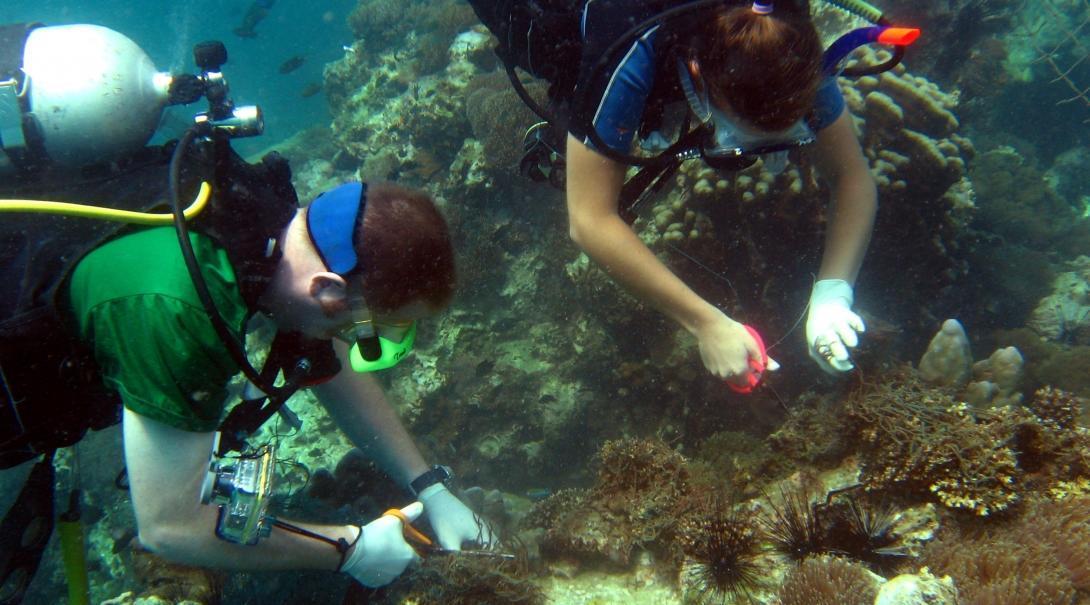
A typical day in Thailand on the Conservation Project begins around 7 am and ends at 4 pm. Your day is packed with activities that benefit the local environment and the community. You’ll have breakfast with the other volunteers.
You will follow a set schedule for the group trip. It will detail activities for each day.
Mornings are usually spent doing land-based conservation activities such as beach cleanups, microplastic surveys, upcycling workshops, or attending presentations to learn more about different issues and skills.
In the afternoon you will go diving and join reef surveys, remove debris and invasive species such as drupella snails, and maintain the artificial reefs. You will usually dive twice per day. It's common for the dives and workshops during the day to be related to each other.
Lunch and dinner are also provided at the restaurant which offers a large variety of Western and Asian options.
During your free time, you can explore the island. Discover new beaches and viewpoints.
What are the aims and impact of this project?
The aim of this project is to help threatened marine life in the Koh Tao area. By training and educating divers and non-divers about ocean issues, we hope to improve the health of our oceans and coral reefs.
The waters around Koh Tao used to be shark-infested, but the population has reduced dramatically over the decades. The whole ecosystem needs protection and support to protect these apex predators. The Koh Tao region has also suffered multiple coral bleaching events recently. The worst mass bleaching event occurred in 2010, and more events have impacted the reefs since. Tourism, development, and the dropping of anchors have threatened the fragile ecosystems of Koh Tao.
There are a number of ongoing marine conservation missions we are involved with to limit the impact of these threats. The primary focus of the project is the preservation and restoration of coral reefs so that future generations can benefit from these important ecosystems and the marine life around the island stays healthy.
The data you collect during dives is shared with local authorities and global research projects with the aim of improving environmental policies and making a positive change. Practical work to build and maintain reefs has a clear and visible impact. Immediate changes can be made to protect reefs by deploying mooring buoys and preventing anchors from dropping onto the reef.
By doing ocean conservation work abroad in Thailand, you can help support and protect our oceans. Become a marine conservation volunteer today to help make this happen!
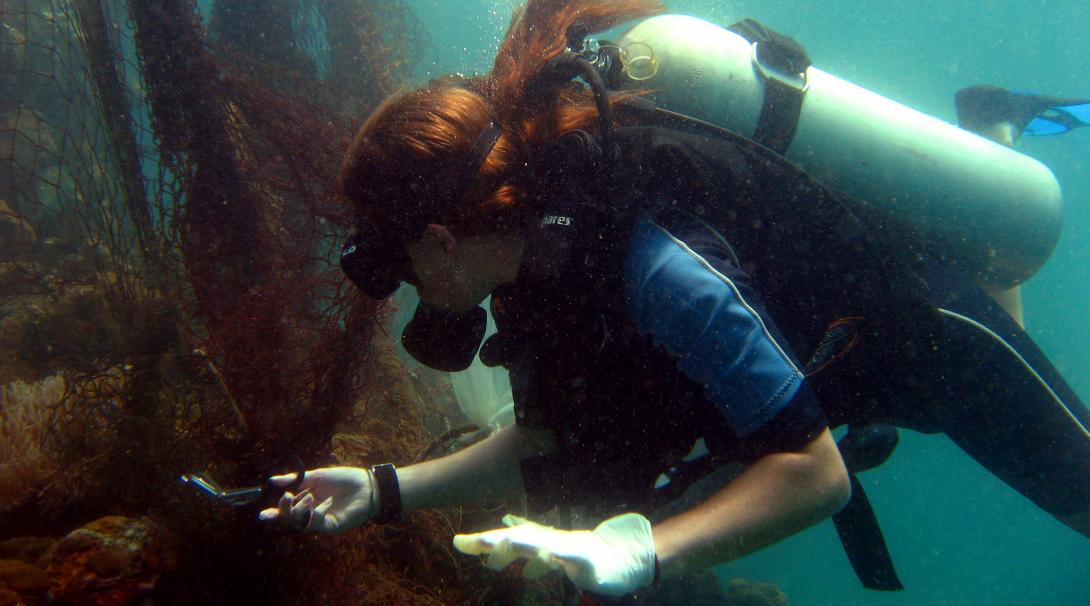
Management plans
We set out the aims and objectives of our projects in documents called Management Plans. We use them to properly plan the work you’ll do. They also help us measure and evaluate our achievements and impact each year.
Ultimately, our Management Plans help us make our projects better. This in turn means you get to be part of something that makes a real impact where it’s needed. Read more about our Management Plans.
Measuring our impact
Every year, thousands of High School Special volunteers and interns actively make a difference around the world. During their time abroad, they contribute towards achieving long-term goals and make a long-lasting positive impact on the communities where they work.
We produce an annual High School Specials Impact Report, which documents some of these achievements. Find out more about the impact of these projects, and read the latest report.
Food and accommodation
You’ll share accommodation with other Projects Abroad volunteers and interns during your stay at Koh Tao. This is a great way to get to know your fellow volunteers and interns, share experiences, and explore your surroundings in your free time together.
The accommodation is safe, clean, and comfortable. Your program fees include three meals a day.
You’ll have an ensuite hotel room with air conditioning and hot showers. There are swimming pools and a beachside restaurant to relax at in your spare time.
Find out more about our accommodation.
Safety and staff support
Your safety and security is our prime concern. We have many procedures and systems to ensure you have all the extra support you need as a young person travelling abroad. Our Projects Abroad staff are there for you 24 hours a day during the week and over weekends to provide constant support and guidance. Our staff also make sure you feel comfortable and safe at your placement and accommodation. If you encounter any problems, they will be available to help at any time.
Find out more about safety and backup.
Meet the team in Thailand
Not quite what you’re looking for?
Take a look at the following pages where you'll find collections of similar projects:
Enquire Now
Our accreditations













